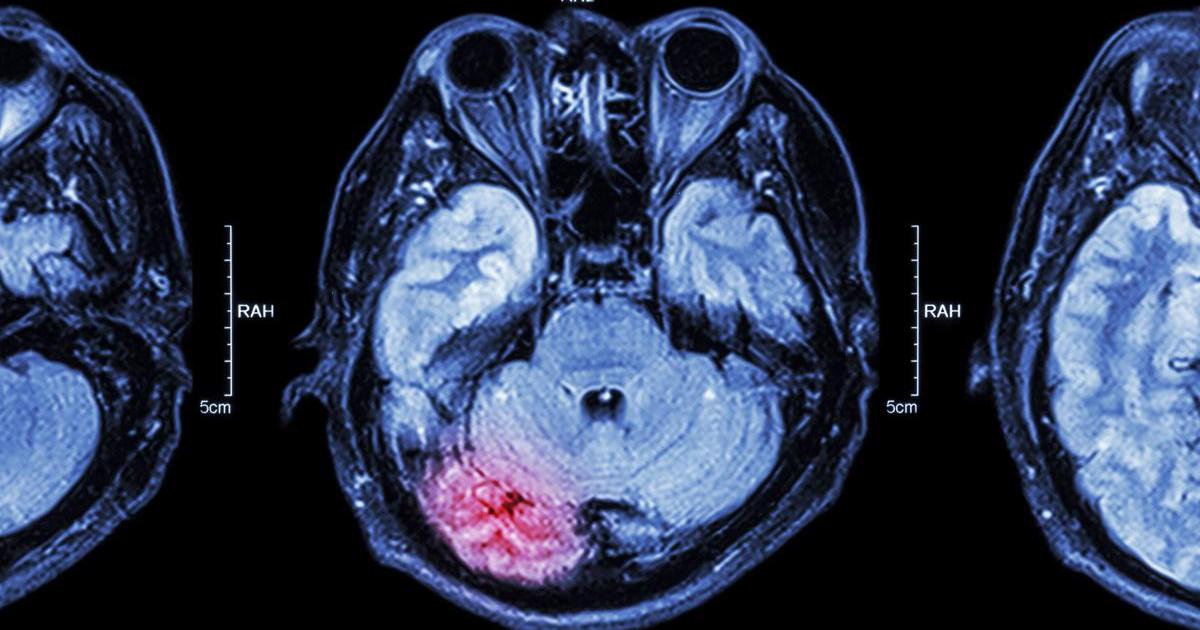What Causes Thunderclap Headaches?
Encephalitis
Encephalitis refers to inflammation in the brain. While there are multiple possible causes, it's most commonly caused by a viral infection. Oftentimes, patients only experience mild flu-like symptoms until neurological problems or thunderclap headaches manifest. Encephalitis can cause patients to have confused thoughts, seizures, issues with motor function, or problems with their senses. It's rare for encephalitis to be life-threatening, but it's also important to diagnose and treat the condition as soon as possible. There's no way to tell exactly how the inflammation will affect each patient. A thunderclap headache indicates encephalitis is having severe effects on the brain, possibly including life-threatening complications. Other symptoms of severe encephalitis include agitation, hallucinations, paralysis in certain parts of the body and face, loss of sensation in certain parts of the body, muscle weakness, trouble hearing or speaking, and total loss of consciousness. Young children and infants may have bulging in their skull's soft spots, stiffness, nausea, and vomiting.
Get more details on what can result in thunderclap headaches now.
Blood Clot In The Brain

A blood clot is a semi-solid mass of blood cells, and they can be caused by numerous different factors. Depending on the severity and location, these clots can be life-threatening. The clot might be stationary, which is called thrombosis, or it may loosen and travel throughout the circulatory system, which is called an embolism. When located in the brain, blood clots lead to serious neurological problems, though the exact symptoms vary depending on the part of the brain affected. Patients might have trouble with speech or their vision, have seizures, or feel generally weak throughout their bodies. Blood clots can block the flow of blood to parts of the brain, leading to stroke symptoms. The lack of oxygen might lead to a thunderclap headache. Patients exhibiting stroke symptoms may be evaluated with an emergency CT scan. Doctors might also do a carotid ultrasound to see whether there's a blood clot in the neck. Sometimes part of this clot may break off and move into the brain.
Read more about the causes of thunderclap headaches now.
